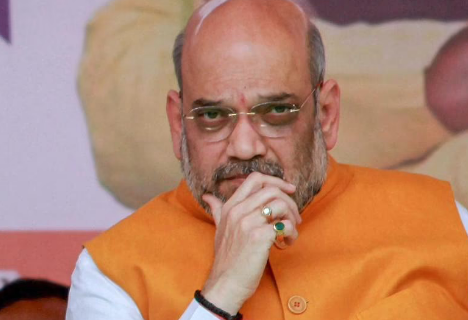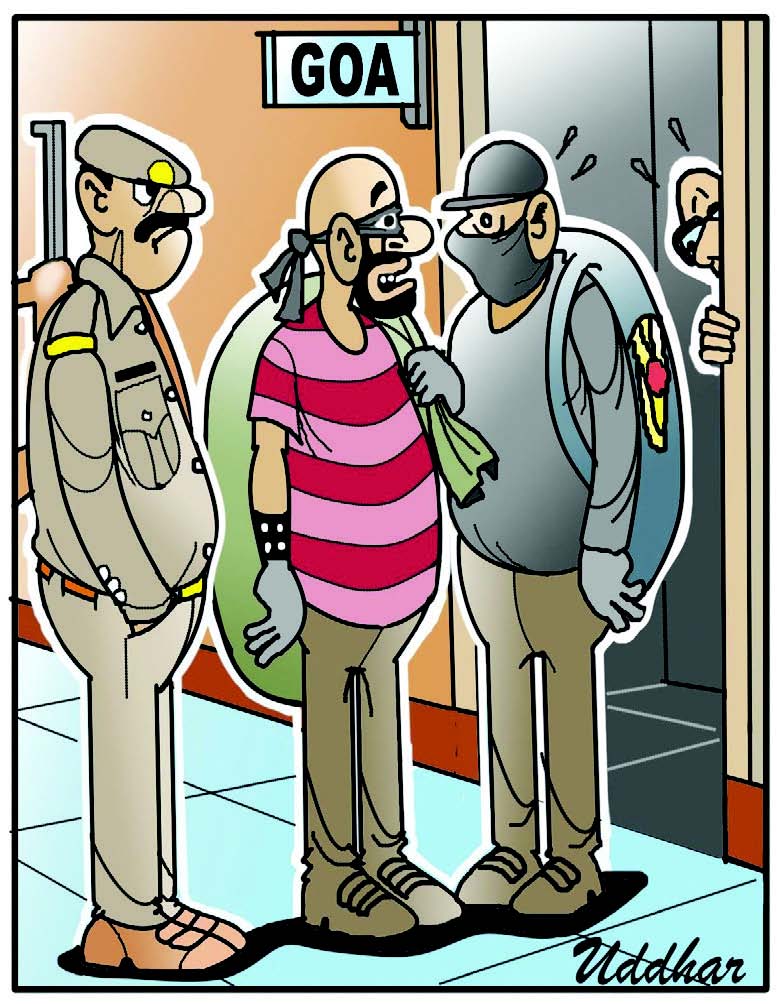
For the first time after the abrogation of Article 370 and 35 on August 5, 2019, Union Home Minister Amit Shah on Saturday landed in Jammu and Kashmir for a three-day visit to the Union Territory to review the security issues. He met the family of Jammu and Kashmir police officer Inspector Parvez Ahmad, who was killed by terrorists earlier this month. Shah also spoke to Fatima Akhter, Ahmad's wife and gave her documents of appointment to a government job on compassionate grounds. Earlier in June this year, the Union Ministry of Home Affairs had informed Parliament that the incidents of terrorism reduced by 59 per cent in 2020 compared to 2019 and further by 32 per cent till June 2021 compared to the same period in 2020.
As the Union Home Minister, this is Amit Shah’s second visit to the Kashmir Valley. He had visited the Valley in June 2019, barely a month before he moved Parliament for abrogation of Article 370 and 35 A. In fact, Amit Shah’s visit comes at a time when the Indian Army is engaged in one of the most extensive combing operations in Jammu and Kashmir’s Poonch-Rajouri area. Indian Army chief, General Naravane, visited the Kashmir Valley earlier this week, after which the forces launched an all-out operation against the infiltrators from across the border. Nine soldiers, including two junior commissioned officers (JCOs) had sacrificed their lives in encounters with terrorists.
During his stay Amit Shah is said to take stock of the implementation of government schemes and meet senior officials. With speculation rife that the Modi government may go for Assembly election in Jammu and Kashmir along with polls in Uttar Pradesh, Uttarakhand, Punjab, Manipur and Goa, the Union Home Minister’s visit gains immense political significance and importance.
With the abrogation of Article 370 by the Union government, Jammu and Kashmir not only lost its symbolic special status under the Indian Constitution but also the right to use a separate constitution and its flag of its own, parallel to the ‘Tiranga’ as its separate penal code, the Ranbir Penal Code (RPC), also ceased to operate. The special privileges available to those holding “permanent resident” certificates ended, allowing all Indians to purchase land in the Kashmir Valley. The government’s policy saw the return of some of the displaced Kashmiri Pandits, whose families were forced in early 1990s to evict from the erstwhile state of Jammu and Kashmir from the Valley.
Even Kashmiri women secured the domicile right to equality. Earlier, they lost their property rights if they married an ‘outsider’ and after marriage they were not entitled claimants to inherit ancestral property. In another significant decision, the Union government decided not to issue an Indian passport to those who were apprehended in indulging with stone-pelting on security forces in the Valley.
The Union government has also planned to invest Rs 50,000 crore in the Union Territory of Jammu and Kashmir for various Central government schemes for the benefit of the residents. Amit Shah’s Kashmir visit is the second-most high-profile political event relating to Jammu and Kashmir since June this year when Prime Minister Narendra Modi invited a delegation of political leaders, including former chief ministers of the erstwhile State of J&K Farooq Abdullah, his son Omar Abdullah and Mehbooba Mufti to New Delhi.
Prior to Amit Shah tabling the Union government’s plan to redesign the political landscape of Jammu and Kashmir the big-wigs from the Kashmir Valley were placed under house confinement. The Union government had defended the move by saying that “it would help maintain peace in the Kashmir Valley”. The restrictions imposed on these leaders ensured that there was almost no mass agitation in protest against the abrogation of Article 370. However, they were all released from house arrest in 2020 and their release saw the emergence of a coalition of political parties in the Gupkar Alliance.
Also, in another significant step which is being viewed as a curtain raiser to possible Assembly polls in Jammu and Kashmir, the Union Territory voted in the District Development Council (DDC) polls in December 2020. This was the first election exercise in Jammu and Kashmir since the abrogation of Article 370 in August 2019.
It is expected that all these exercises and visits are being done to prepare Jammu and Kashmir for elections, keeping security at a paramount importance and giving yet another message to the global community that India believes in the power of ballot and not bullet.
